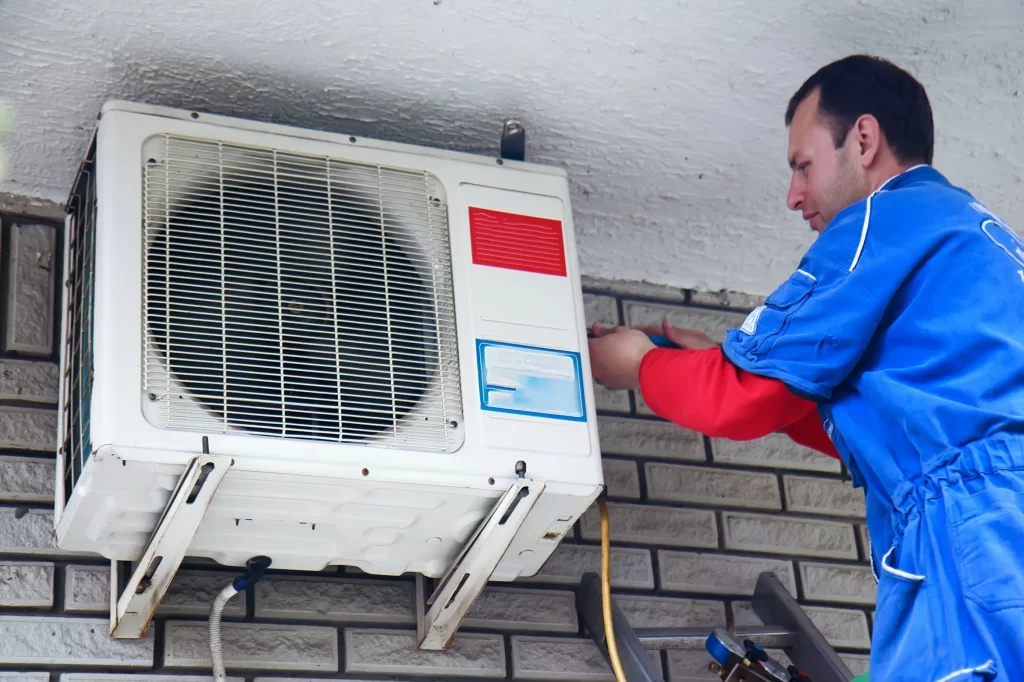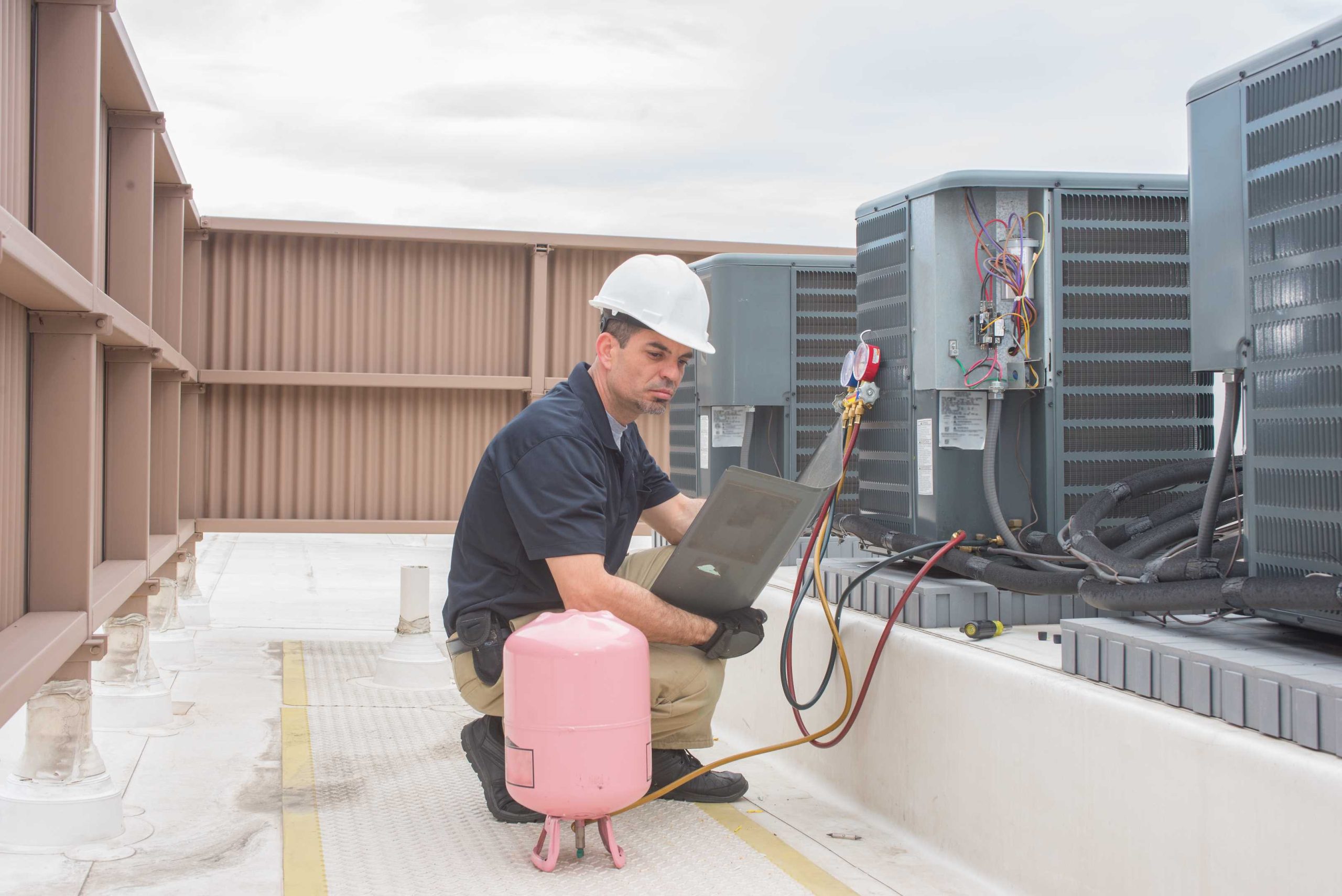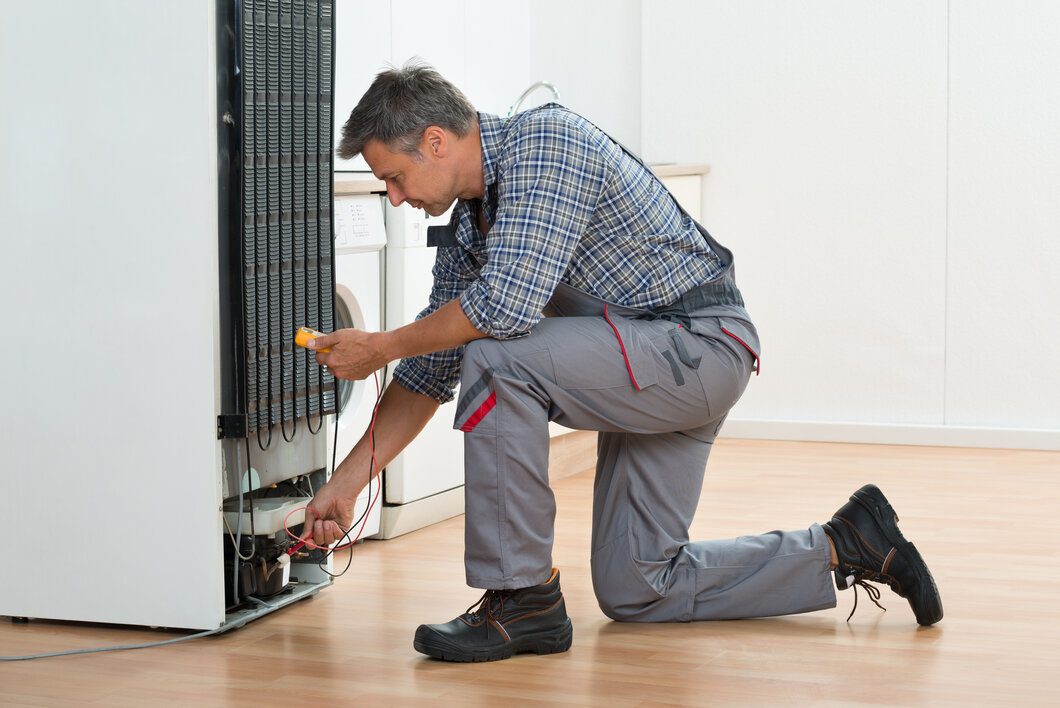A Detailed Guide of What Maintenance Does an Air Conditioner Need!
John Parker
May 28, 2024
Even though air conditioners are simple devices, they nevertheless require maintenance to function at their best all the time, just like any other gear. An air conditioner has to be properly cleaned and its usual trouble spots thoroughly inspected. Maintaining your air conditioner shouldn’t be neglected. To get the most out of your air conditioner, preventative maintenance is crucial. You depend on your HVAC system as a homeowner to keep you cozy throughout the year. Maintaining your air conditioning system requires routine care and maintenance.
Performing routine maintenance on your unit will improve its performance, lifetime, indoor air quality, and energy efficiency, among other advantages.
What Maintenance Does an Air Conditioner Need? Key Suggestions
Here are some practical maintenance suggestions for your air conditioner to help you maintain a cool home. A list you need to know what maintenance does an air conditioner need:
Examine and swap out your filters.
-
- One of the most crucial items on your air conditioner maintenance checklist is cleaning your HVAC air filters.
-
- For optimal interior air quality, especially with a ducted system, a clean filter is essential. The quality of the recycled air within is affected by a dirty filter because of the airflow cycle.
-
- In addition to decreasing airflow and making your system work harder, blocked filters shorten the lifespan and efficiency of your system.
-
- To find out how often to clean or replace your filter (if you use disposable ones), speak with an HVAC professional or refer to the filter label.
The steps for cleaning or replacing the air conditioner filters at home are listed below:
Switch off your air conditioning system.
-
- To discover and remove the filter, locate the service panel.
-
- If your unit has permanent filters, use a garden hose or your sink’s running water to clean the filter.
-
- After giving the filter a full airing, replace it.
-
- If your filter is disposable, you can throw away the old one and get a new one.
Examine and tidy the condensation drain.
An obstructed HVAC drain indicates that your unit need maintenance. Condensate from the refrigeration cycle can be released through the condensate drain. It runs into an outdoor collecting point after being linked to a drain tray or pan in the interior unit. When debris like slime, mold, or algae builds up in the HVAC drain line, blockages may occur.
Insulation and other interior unit parts could break off and clog the condensate drain. Examine the condensate tray located beneath the interior evaporator coil for any obstructions in the drain. If water builds up in the tray, there can be a blockage in the line. When air filters are removed, you might also see water collecting.
Use a vacuum cleaner to extract the condensate by reaching the end of the drain (which usually empties into a garden, downpipe, gutter, or drain). By using this method, obstructions can be removed and the HVAC drain can resume regular operation. Should the water leak continue, a professional investigation may be necessary to identify any underlying issues.
Organize Your Indoor Appliance
Particularly on the coil and fan barrel, the interior HVAC unit is susceptible to the growth of layers of filth, grime, dust, and even mold. Due to decreased ventilation, this accumulation may result in a musty or moldy odor and subpar system efficiency. Wipe the inside unit down with a cloth, feather duster, or washer that has been gently wet on a regular basis. To clean and sterilize the air conditioner, you might use an antibacterial solution.
Applying the cloth to the unit’s casing after first spraying it is the most effective method for doing this. Avoid sprinkling liquid directly onto the device. After disassembly, the indoor HVAC unit can be chemically cleaned with specialized equipment. However, due to technical and safety concerns, it is better to leave this task to licensed and experienced HVAC professionals. This maintenance operation can be completed by One Hour Heating & Air Conditioning during your planned annual check-up.
Make sure the outdoor unit is clear and clean.
The efficiency of your outdoor AC unit (condenser/compressor) may be impacted by air flow restrictions caused by nearby structures, goods, and organic matter. Make sure you clear the area surrounding the outdoor unit of any objects, including bins, home/garden equipment, and storage boxes. You can use a moist towel to wipe off the unit’s casing if any dirt, plant matter, dust, or grime has accumulated on it. Although it’s better to leave this task to experts, you can also clean your condenser coils. Coil fin damage from do-it-yourself cleaning could result in less heat exchange and efficiency. Internal electrical components may potentially be impacted by improper cleaning.
Examine the insulation
It’s critical to periodically inspect the insulation surrounding the copper HVAC piping. Refrigerant is moved via the pipework between the outside (condenser) and indoor (evaporator) units. Your HVAC system’s thermal efficiency is preserved by insulation. The foam rubber substance, either black or white, that is wrapped around the pipes serves as insulation.
Examine the insulation surrounding the evaporator and suction lines visually to ensure it is complete and in good shape. You might look for indicators of damage from insects, rodents, pests, or severe weather. If you discover any exposed insulated AC pipework portions, get in touch with an HVAC technician.
Plan Your Annual Maintenance
An annual service and maintenance by a certified HVAC specialist is called an AC tune-up. This service prolongs the life of your HVAC system, keeps it functioning at peak efficiency (saving you money on power costs), and helps prevent system failures.
A professional HVAC expert can find small problems that could grow into larger ones in the future during an AC tune-up. One Hour Heating & Air Conditioning’s HVAC experts handle a range of maintenance duties, such as:
Carrying out a multiport test
resolving typical maintenance problems (blocked condensate drains, filthy coils, and clogged air filters)
lubricating components made of metal
refilling the refrigerant
identifying the need for repairs
Conclusion:
Now that you know what maintenance does an air conditioner need it’s important to maintain your AC regularly. All things considered, putting in place a preventive maintenance plan for your air conditioner will ensure that you breathe cleaner air, boost comfort and safety in your house, prolong the life of your system, save you money, and provide you with peace of mind. You can take advantage of these advantages by doing additional do-it-yourself AC maintenance tasks. For routine AC service inspections, tune-ups, testing, and repairs, it also pays to use a professional air conditioning service.





